What grabs attention in shop windows or Instagram posts often means little in circles of real wealth. Flashy buys can feel like milestones to outsiders, but many of the affluent step around them without a thought. Money at that level usually prefers quieter choices—investments, comfort, or things built to last—over objects meant to shout status.
Brand-New Luxury Cars
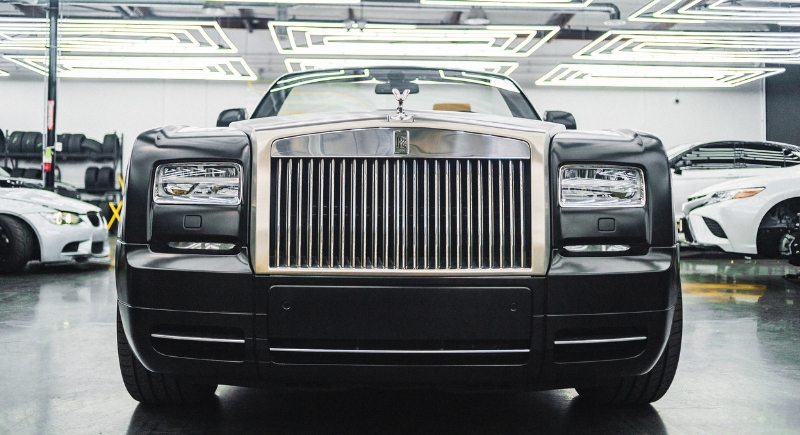
Credit: pexels
High-end cars lose thousands the moment they leave the lot. Most millionaires know that depreciation hits fast, and appearances fade even faster. Research from The Millionaire Next Door shows many self-made millionaires drive used or modest cars. To them, practicality beats prestige, especially when a car’s job is just to get them somewhere.
Logo-Heavy Clothing

Credit: Instagram
If your outfit announces its price tag before you speak, odds are you’re not dressing for the wealthy. Logos don’t carry much weight in circles where style comes from tailoring and subtle fabric choices. Many high-net-worth individuals wear brands you’ve never heard of.
Giant Engagement Rings
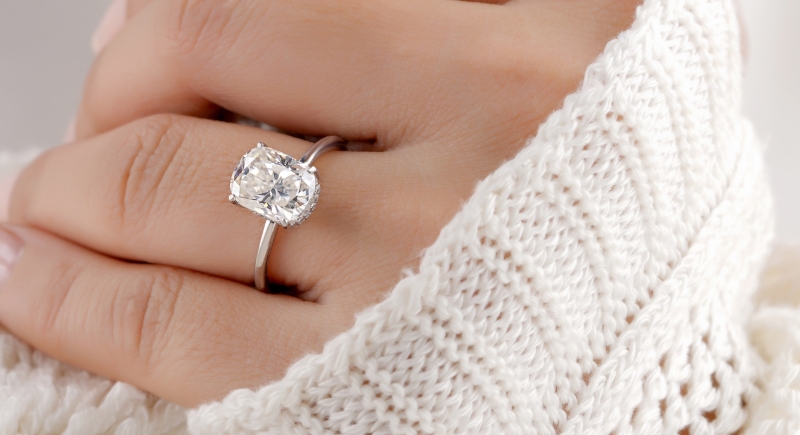
Credit: pexels
Diamonds aren’t rare, but overspending on them is. In wealthier circles, proposals often involve more practical conversations, like financial planning and prenups. The ring? Often elegant, usually modest. A well-set stone with meaning beats a giant rock bought on credit.
Designer Kitchen Gadgets
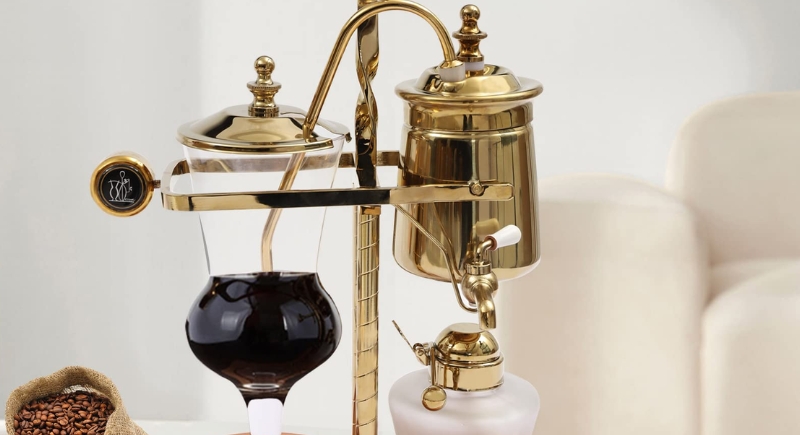
Credit: amazon
A professional-grade espresso machine looks impressive until it becomes an expensive dust collector. Wealthy homeowners prefer functional, streamlined kitchens without the clutter of trend-based gadgets. When they want a great cappuccino, they usually have it made for them without needing a $3,000 machine to do it.
Over-The-Top Jewelry
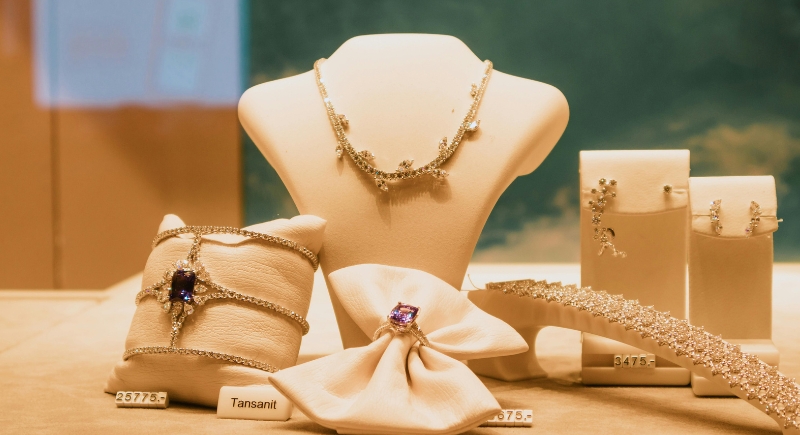
Credit: pexels
Truly rich individuals tend to wear jewelry that means something to them. Maybe it’s a vintage piece with family history or a rare watch collected for craftsmanship. Rarely is it about showing off. Loud, sparkly pieces often get set aside in favor of low-key, timeless designs.
Trendy Wellness Products

Credit: Getty Images
Expensive juices and IV drips sell an image of health more than results. Wealthy individuals often skip wellness fads that rely on aesthetic appeal. Instead, they invest in long-term health strategies—personal chefs, trainers, or top-tier medical care.
Massive Mansions With Empty Rooms
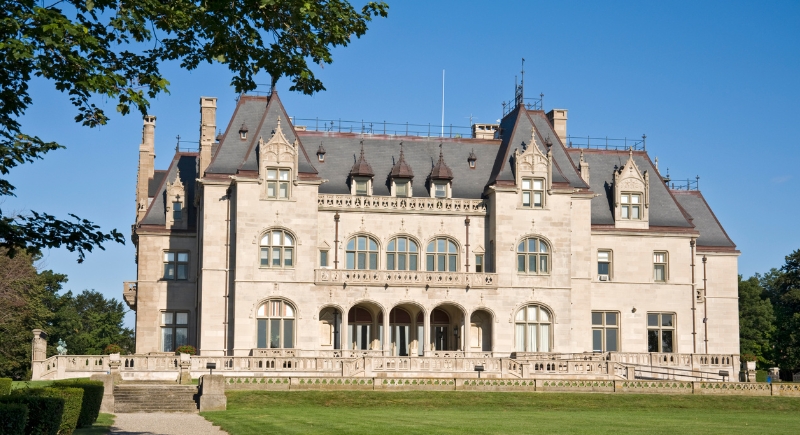
Credit: Getty Images
Square footage looks good in a listing, but living with unused wings and endless bathrooms is another story. The wealthy often choose homes that feel secure and practical over sprawling properties that sit half-empty. A well-placed townhouse in the right part of the city can hold more value for them than a remote estate that only photographs well.
The Latest Phone Every Year
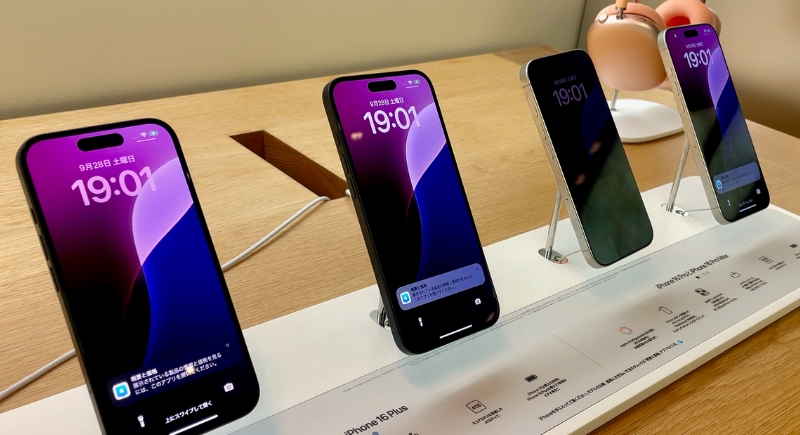
Credit: Wikimedia Commons
For Apple, constant upgrades are profitable. For the very rich, they’re unnecessary distractions. A phone is kept until it breaks or disrupts their work. Buffett carried a flip phone long after iPhones took over, not as a stunt, but because it still did the job. Function outweighs novelty when time is the more valuable asset.
Premium Economy Just to Feel Upgraded

Credit: Getty Images
For short flights, the wealthy aren’t chasing legroom or champagne. They’re looking at the clock. A direct route that gets them home sooner often matters more than the seat. If comfort is truly needed, they’ll spring for business on long hauls or go private when their schedule demands it. Otherwise, they treat flying as something to finish, not to flaunt.
Home Decor Based on Social Trends

Credit: pexels
Wealthy homeowners rarely redesign a room because of what’s trending online. They buy pieces that hold value—furniture that ages well, art that carries weight, objects that stay with them for decades. The fad colors and viral layouts pass; the investment pieces remain. That’s why a single chair chosen carefully often outlasts an entire room done for likes.
Expensive Branded Basics
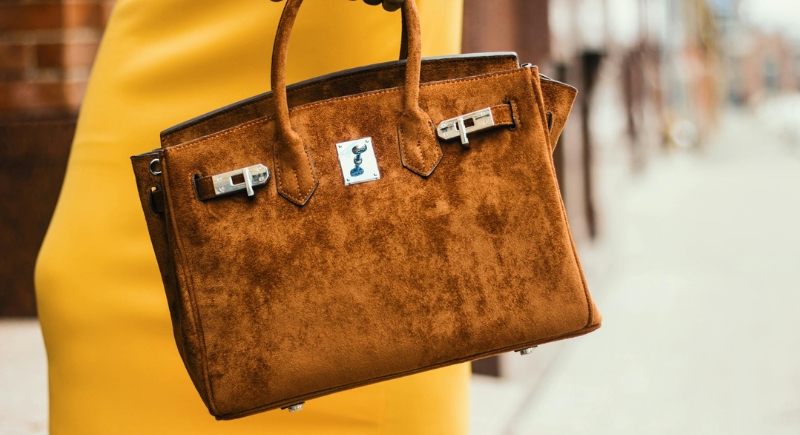
Credit: pexels
A hoodie with a four-figure price tag doesn’t impress people who can afford to buy the whole rack. Basics are chosen for comfort and quality, not for the logo stitched across the front. The wealthy tend to reserve big spending for items that hold value or history.
Luxury SUVs With Long-Term Financing

Credit: pexels
Affluent buyers tend to avoid debt for vehicles that depreciate quickly. They might lease for business reasons or buy outright, but rarely do they finance beyond what makes financial sense. Flashy models loaded with options often don’t get used the way they’re built for.
Constantly Upgraded Watches
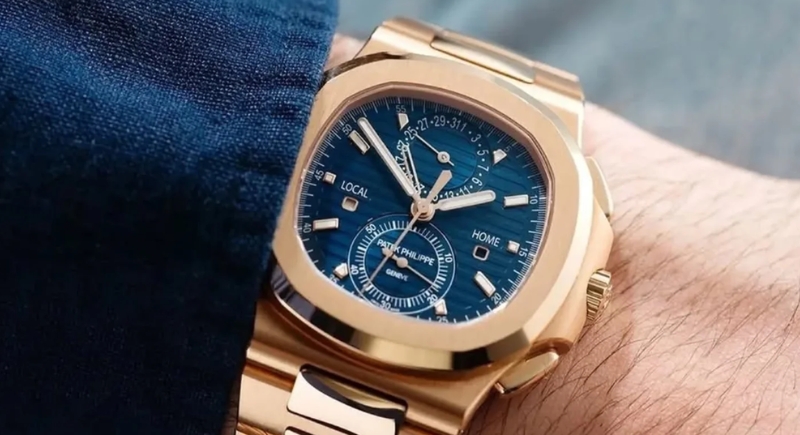
Credit: Instagram
A good watch is like a good book: it gets better with time. That Paul Newman Rolex that sold for nearly $18 million was something he wore every day. The goal is to find one with meaning and see if it would last long enough to be passed down.
Obsession With Loyalty Perks

Credit: Getty Images
You’ll hear middle managers compare Platinum status in airport lounges, but you won’t hear much from the truly rich. That’s because they’re not chasing perks and prefer having control over their schedule. Flying private or booking last-minute matters more than being in Group 1.
Talking About Wealth All the Time

Credit: Getty Images
Name-dropping salaries or constantly referencing how much something costs tends to push people away. In fact, Wealth in America author Lisa Keister notes that most long-term wealthy families avoid talking about money publicly. When someone constantly needs to prove they’re rich, they usually aren’t as secure as they seem.
